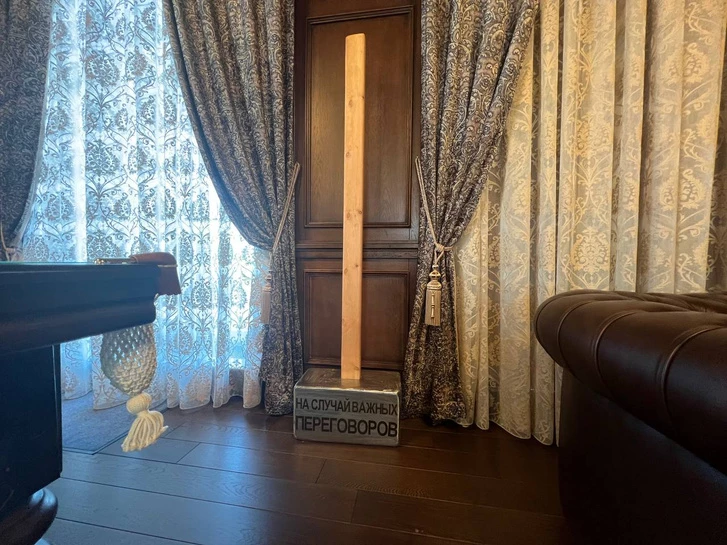Moscow and Minsk are recovering from Prigozhin’s rebellion and attempting to intensify trade and economic cooperation
 The situation has not changed
The situation has not changed

The guarantees of “Prigozhin’s departure to Belarus” have been withdrawn. The Belarusian regime continues to bet on increased trade and economic cooperation with the Russian Federation. Belaruskali has started shipping fertilisers through the ports of St. Petersburg.
Prigozhin’s rebellion evoked many interpretations, including from Lukashenka, who tried to present himself as a subtle and wise politician capable of cooling the ardour of all participants, including Putin and Prigozhin. Among other things, Lukashenka reversed his statement of June 27th, and denied that Yevgeny Prigozhin was presently in Belarus.
Meanwhile, in Russia, a second week of raids took place on buildings associated with the founder of the Wagner PMC. “Putin’s word” that if Yevgeny Prigozhin leaves for Belarus, the criminal case against him will be dismissed, was clearly abrogated. These events shed some light on Prigozhin’s rebellion. Firstly, it was not staged by the Kremlin. Secondly, the Russian leadership was demoralised and, instead of offering direct resistance to Wagner, opted for negotiations, initially assuming that any final agreements would be abrogated.
On July 5th, Lukashenka signed decrees approving negotiation of agreements on mutual recognition of bank guarantees in public procurement with Russia and the member states of the Eurasian Economic Union. Such agreements will theoretically allow Belarusian state-owned enterprises to use Belarusian bank guarantees in EAEU countries.
Belaruskali has started shipping fertilisers through St. Petersburg. The first train of 23 “platforms” carried 47 universal bulk containers with a total potassium mass of about 1,400 tons. The main transshipment port for Belarusian potash was Klaipeda in Lithuania, but from February 1st, 2022, Vilnius cancelled the agreement. The Klaipeda shipments were estimated at 11 million tons; it is unlikely that Belarus will be able to achieve similar volumes via Russian ports.
Visits to Belarus by the heads of Russian regions always bring concrete results. So said Russian Ambassador, Boris Gryzlov, during a meeting with the Governor of Veliky Novgorod, Andrei Nikitin. Gryzlov declared that 25% of the total trade turnover with Russia, accounting for some USD 11 billion, is accounted for regions regions whose leaders visited Belarus. The total trade turnover between Russia and Belarus for the first five months of 2023 amounted to over USD 18 billion, according to data provided by the head of the Federal Customs Service, Ruslan Davydov. Belarusian exports, he claims, are 10% higher than Russian exports.
Subscribe to our newsletter




Situation in Belarus
Constitutional referendum: main consequences


 Video
Video
How to count the political prisoners: are the new criteria needed?


 Video
Video
Paternalism In Decline, Belarusian Euroscepticism, And The Influence Of Russia


 Video
Video












